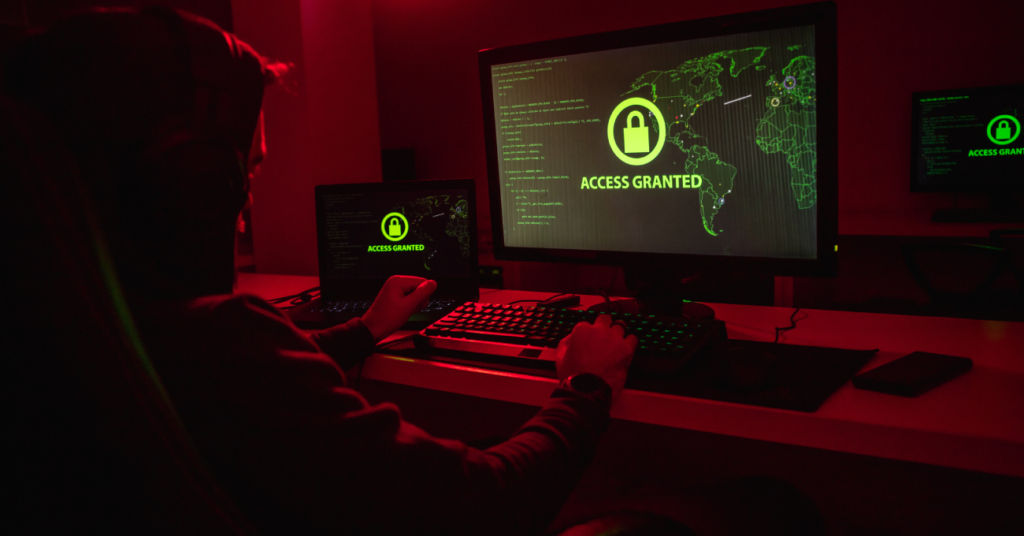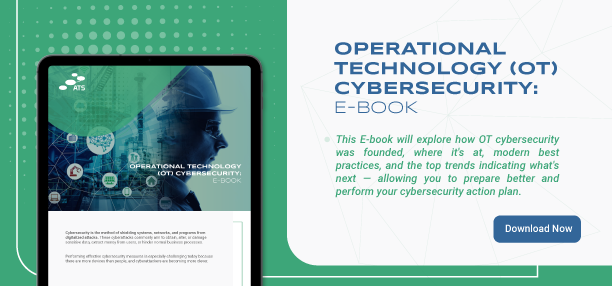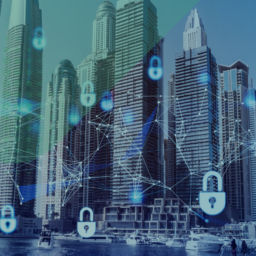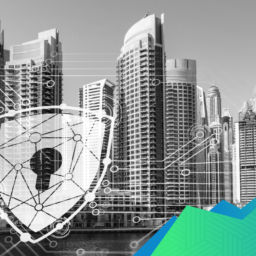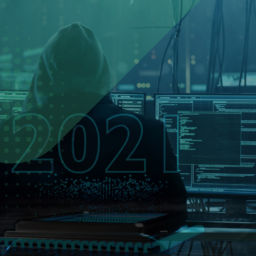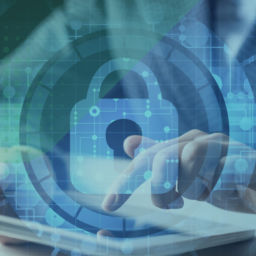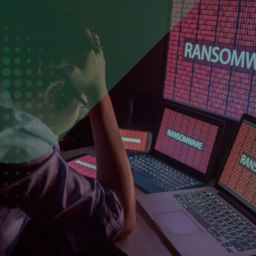Choosing an OT Cyber Security Vendor: What to Look For
OT (Operational Technology) uses hardware and software to monitor and manage physical assets, events and processes. OT systems can be found across a variety of asset-intensive sectors. They execute tasks such as controlling critical infrastructure and operating robots. It is used in sectors like oil and gas, utilities, aviation, maritime, and many others.
Organizational demand for OT Cybersecurity rises the more it leverages OT-based assets. OT Cybersecurity takes care of sensitive assets like the PLC’s, SCADA, DCS and other industrial assets. A cybercrime on these systems can influence everyone depending on these services. In the worst-case scenario, an end of life can occur.
OT cyber security has a lot of layers but usually begins with examining the industrial networks. These systems get private, which lowers the amount of network traffic to be examined. Due to more limited traffic, baselines are formed faster. On the other hand, monitors get set to warn of suspicious activities.
An OT Cybersecurity vendor utilizes a combination of baseline study and behavioral analytics. The two technologies help identify if machines are being accessed so that they shouldn’t. Such an act can be identified, and an instant warning is sent to the supervisor. Once that’s done, an individual can have their account momentarily locked.
This automation and control are meant to prevent an attack in its early stages. Besides monitoring, OT cybersecurity solutions have tailored access control solutions. You can do this to ICS and SCADA systems.
Some of the best OT cybersecurity vendors service includes:
- It gives a set of security services.
- It focuses on implementing cyber security for critical infrastructure.
- It builds visibility into OT networks and IT devices.
- It secures every endpoint in the OT chain and brings that data together.
7 aspects to look for when choosing an OT cybersecurity vendor
Many companies provide security products and services to OT environments. The right OT vendor plays a key role in deciding the success of cyber security in a company. To help you make the best selection, here are the seven aspects to analyze and questions you must ask and answer.
1. Does The Vendor Create Its Products?
When looking for an OT cyber security vendor, find out if the company makes its products. The reason is that a company can OEM a product and set its logo on another company’s product. This brings doubt about the quality and the failure to find replacement parts.
The difficulty also crops in when it comes to the moment it takes to repair or replace the product. There’s also poor software support and the cyber threats you’ll need to worry about.
When a vendor makes their product, they know where it is compiled, their parts, and their operation. They also know how to repair it and have engineers on staff to manage any escalating problems.
2. Does The Solution Support Secure IT and OT Convergence?
Despite the IT and OT convergence increase, their infrastructure and networks vary. Because of their diversity, the two cannot be managed the same way in cyber security. So, security best practices in IT environments can’t give the same level of protection in an OT context.
A product should be chosen based on its capacity to protect both environments. This is an extension of its ability to integrate with other security solutions.
3. Maximization of the Cash Flow
Licenses are used during a specific period in cases of a pay-as-you-go program. From then on, you’ll take charge of funding for the use of the licenses in arrears or after consumption. The best thing about this is that as a Managed Service Provider (MSP), you only pay for what you get after the service has been provided.
Based on how you bill your clients, it’s possible to have a positive cash flow in your standardized solution. For instance, you’ll not have to dip into your cash if you bill clients at the start of the month and pay the vendor at the end of the month.
4. Many Recurring Revenue Stream Opportunities
Established OT cyber security vendors offer various security products. An MSP can leverage these products to make recurring revenue streams.
Vendors that dabble in the MSP space only secure endpoints or email, not both. Meaning that the MSP spends more money, which brings about losses. Companies must know that having the best vendor is better than the product’s price.

5. Make a Cyber Security Policy for Your Business
So what is cyber security? It’s the practice of securing data and networks from malicious cyber, electronic crimes.
If you outsource security, create a policy to manage your security policies. Such policies comprise data handling, access controls, and password management. The policies allow vendors in managing those, including the services they’ll provide. It’s also vital to host awareness education about cyber security for employees.
6. Know Where You Need to Improve
Identify the assets that need a security assessment internally and externally. External assets get exposed to the public; they’re an obvious target for hackers. That data can help you figure out the right kind of security.
Not sure about scoping and assets? Ask the cybersecurity vendor and assess the needed opportunities for asset protection. Choose and prepare the testing context for end-user data.
7. How Does The Vendor Approach Cyber Security, Cyber Threats, and Vulnerabilities?
Many people associate physical security with video surveillance cameras or access control credentials. This is because they help in preserving property and employees from physical attacks. However, technological improvement and dependence on security products have allowed cybercrime.
Cybercriminals attack security components, exposing companies to expensive data holes and malware. These criminals typically target large companies. Luckily, they have the resources and are always ready to shield themselves.
Small businesses shouldn’t think that they can’t get targeted. Cybercriminals are always looking for easier targets. They believe that a video surveillance camera makes it effortless to hack into a linked network. Thus, choosing a trusted security vendor who prioritizes cyber security is necessary.
Assess this by asking a vendor about their commitment to research and development. Also, find out if they administer any regular testing. It will tell you whether their products are secure and if they top the highest standards.
In summary
Having the top security vendor is vital in the implementation of Operational Technology cyber security. However, companies must remember that security is more important than a product. It’s a method. Select a vendor who knows the ins and outs of cyber security as connected to OT convergence.
Vendors must know other technologies that address the Internet of Things (IoT) and Industrial IoT (IIoT) difficulties. This is because these technologies acquire the lack of security of existing devices.
ATS: Leading OT Cyber security provider in the UAE
If you are looking for a trusted OT Cybersecurity provider, ATS is a top choice with over 18 years of experience. ATS is one of the leading OT cybersecurity providers in the UAE and middle east region, with over 400+ projects implemented in the country and other parts of the Middle East. ATS is a Cisco IoT advantage specialized partner and recently, ATS announced that it has achieved Operational Technology (OT) Specialization as part of the Fortinet Engage Partner Program (read more about this milestone here) and has published a comprehensive article about OT.
Today, ATS is glad to share with you a compilation of essential information, methodologies and terminologies in a comprehensive eBook about OT Cybersecurity entitled “ATS Operational Technology (OT) Cyber security eBook”. Learn more about OT Cybersecurity in this new eBook from ATS and watch out for our next ATS Coffee Break Session about the ATS OT Cybersecurity eBook this coming January 2022.




